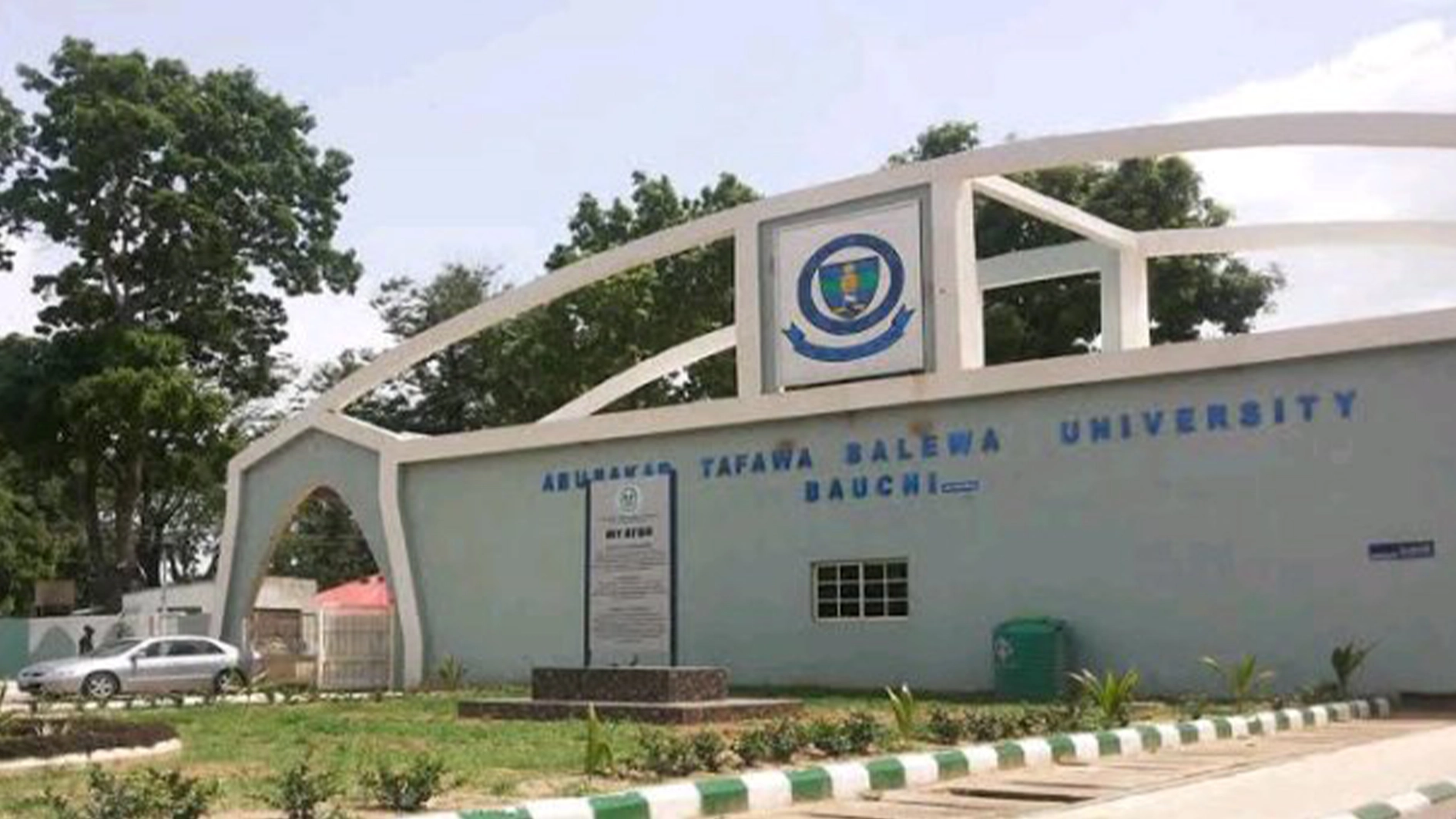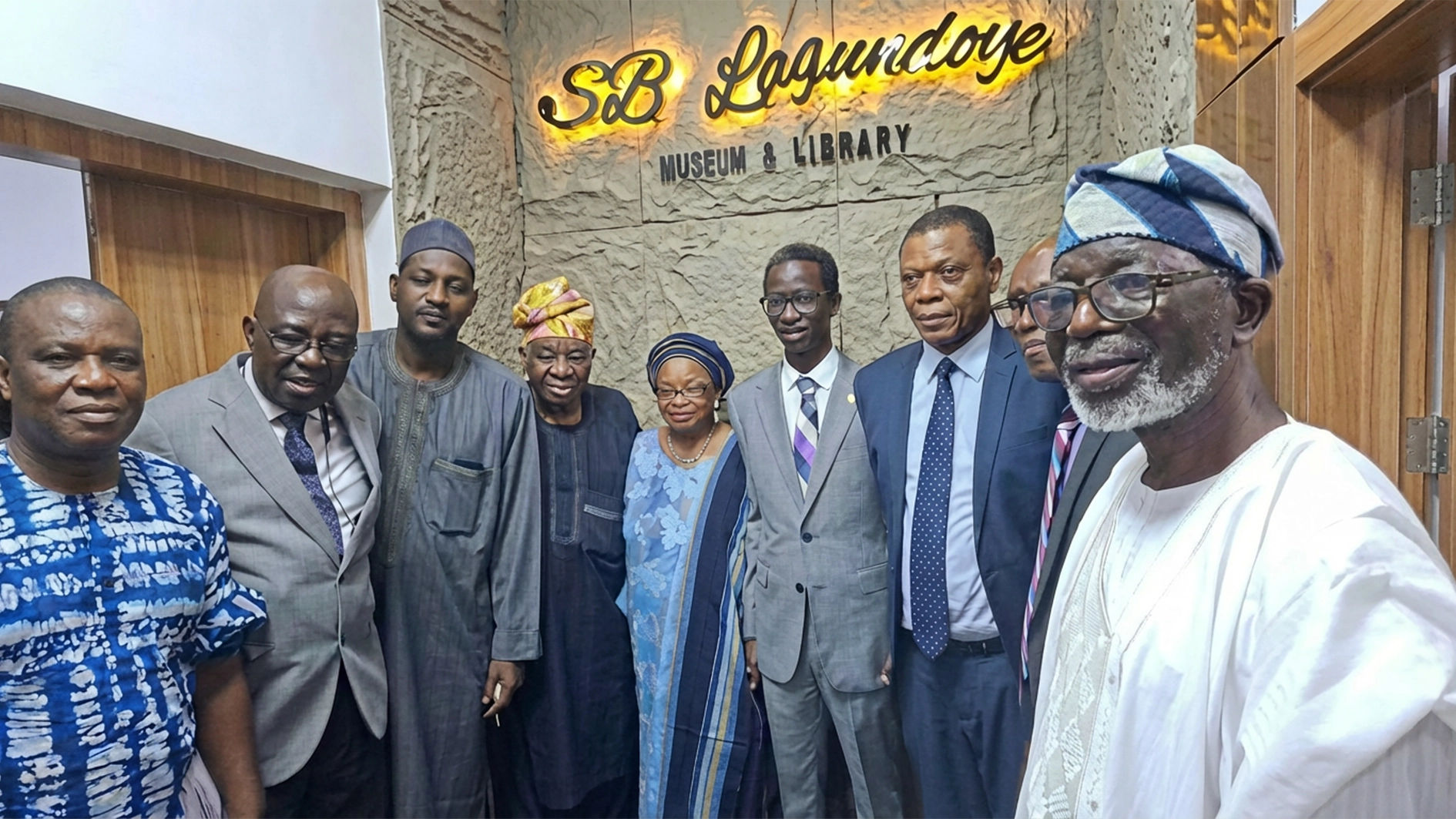Despite sharing the common goal of quality assurance, the uncoordinated, sometimes contradictory actions and regulatory dissonance between academic programme accreditation, which falls within the purview of the National Universities Commission (NUC), and professional regulators is brewing chaos in the Nigerian University System (NUS). This increasing trend of overregulation is neither helpful for the institutions nor the students, IYABO LAWAL writes.
Nigeria’S higher education sector is grappling with complex, systemic challenges arising from multiple accreditation processes by various regulatory bodies. At the heart of the issue is the overlapping and sometimes conflicting roles assumed by the National Universities Commission (NUC), the country’s statutory regulatory authority, and several professional bodies responsible for accrediting specific academic programmes.
This sometimes “unfriendly” interface has triggered controversies, undermined efforts to ensure educational quality, disrupted academic progression, and eroded stakeholders’ confidence.
Central to this struggle is the legal university oversight authority established under Act No. 49 of 1974, and amended in 1993. Charged with maintaining academic standards nationwide, the NUC now contends with numerous professional bodies, each empowered by its laws to enforce overlapping and often conflicting demands on identical academic programmes.
Financial losses from duplicated accreditation oversight in Nigerian federal universities have escalated to alarming levels.
According to the Academic Staff Union of Universities (ASUU) 2023 Accreditation Cost Analysis, institutions spend an average of N1.5 billion yearly navigating overlapping bureaucratic processes.
A breakdown of these expenditures revealed that approximately 65 per cent of the funds are spent on logistics, such as transportation, accommodation, and feeding for multiple accreditation teams, while only about 25 per cent directly support substantive improvements in academic programmes.
For instance, in 2023, Ahmadu Bello University’s (ABU) Faculty of Engineering incurred N32 million across three parallel accreditation processes conducted by the NUC, the Council for the Regulation of Engineering in Nigeria (COREN), and the Nigerian Society of Engineers. These joint, but uncoordinated inspections generated conflicting facility requirements for the same laboratories, compounding costs and operational confusion.
However, in a significant policy change, the NUC prohibited professional bodies from carrying out accreditation exercises in Nigerian universities. This decision reflects the commission’s assertion of its statutory role as the sole accrediting authority for academic programmes in degree-awarding institutions, as outlined in the Education (National Minimum Standards and Establishment of Institutions) Act, CAP E3.
The move is aimed at addressing challenges posed by overlapping accreditation processes and strengthening the NUC’s mandate to ensure academic quality and integrity in universities.
However, the NUC’s directive is arriving at a time when there is a growing call for improved “town and gown” relationships.
In the memo by the agency to vice-chancellors titled: “Re: Stoppage of multiple accreditations of academic programmes by professional bodies in Nigerian universities,” the regulatory body stated that it “is in receipt of the attached letter, Ref. FME/DUE/206/1/191 dated May 9, 2025, from the Federal Ministry of Education informing it of the ministry’s observation of the increasing trend of multiple accreditations of academic programmes by various professional bodies, independent of the commission.
“The Minister of Education has, therefore, approved that henceforth, all professional bodies shall no longer be allowed to conduct independent accreditation of academic programmes in Nigerian universities,” it added.
The Executive Secretary of the NUC, Prof. Abdullahi Ribadu, called for improved coordination among regulatory agencies to safeguard the integrity of Nigeria’s higher education system.
Ribadu noted that while the NUC is empowered by law to set minimum academic standards and accredit degree programmes in Nigerian universities, several professional bodies have secured separate legislative mandates from the National Assembly, often without involving the NUC in the process.
The development, he explained, has led to duplication of roles, tension between agencies, and confusion within the Nigerian University System (NUS).
Matters got to a head in 2025 when the NUC publicly faulted professional bodies’ independent accreditation exercises, notably spotlighting the continuing crisis at the University of Calabar (UNICAL), where the dental programme is a case study in regulatory confusion and governance lapses.
More broadly, the Federal Ministry of Education, alongside the NUC and key stakeholders, launched a concerted drive to reform and unify accreditation frameworks.
This analysis unpacks the multidimensional challenges of multiple accreditations, dissects the historical and legal underpinnings, and evaluates the proposed harmonisation reforms toward restoring coherence and integrity in Nigerian tertiary education accreditation.
The UNICAL dentistry programme crisis exemplifies the problems wrought by multiple accreditation mandates.
The Medical and Dental Council of Nigeria (MDCN), responsible for regulating dental education and professional standards, refused to accredit UNICAL’s dental programme and denied licensure eligibility to hundreds of graduating students due to gross violations of approved student quotas.
Even though the NUC had granted UNICAL provisional faculty approval to admit a limited number of students per academic session (officially 10), the university admitted up to 90 dental students yearly. This over-admission, which reportedly involved more than 300 students over successive years (far beyond the MDCN’s sanctioned quota), led the council to reject the university’s accreditation renewal and graduation lists.
Expectedly, the fallout was severe; students were barred from professional examinations, sparking protests, uncertainty, and risks of wasted academic investment.
UNICAL’s internal governance failures, combined with a lack of regulatory coordination, were clear drivers of this crisis. What this dispute starkly reveals is the regulatory dissonance between academic programme accreditation (NUC’s domain) and professional accreditation and licensing (MDCN and similar bodies for other professions).
Despite sharing common goals of quality assurance, their uncoordinated and sometimes contradictory actions generate confusion and administrative paralysis, affecting students’ futures and the institution’s prestige.
Since the National Minimum Standards and Establishment of Institutions) Act, CAP E3, is the legal framework that mandates the commission to ensure uniform academic standards and safeguard university autonomy within a coherent regulatory framework. The NUC’s issuance of a directive prohibiting professional bodies from conducting independent accreditation exercises in universities thereby cements its role as the central accrediting agency.
Only a limited list of professional regulatory bodies, including MDCN, Council of Legal Education (CLE), Nursing and Midwifery Council, Pharmacy Council, Veterinary Council, Council for the Regulation of Engineering in Nigeria (COREN), and Architects Registration Council, were granted waivers to operate strictly in collaboration with NUC.
This directive recognises that while professional bodies play critical roles in assuring discipline-specific standards, their accreditation activities must be streamlined, coordinated, and integrated within NUC’s regulatory system to avoid duplication, contradictory decisions, and institutional confusion.
Multiple accreditation challenges in Nigeria are underpinned by jurisdictional ambiguity and overlaps. In other words, legal and functional overlaps exist because professional bodies have statutory mandates to regulate professional training and practice within their sectors, leading them to accredit and inspect academic programmes related to their professions.
Needless to say, this results in dual or multiple accreditation processes, often conducted independently and with conflicting criteria.
Among other things, public analysts cite contradictory standards, requirements from professional bodies and NUC, as well as different accreditation criteria, as often worsening the problem.
For example, the NUC may emphasise academic staffing qualifications (e.g., a minimum of 60 per cent PhDs among lecturers), while professional bodies focus on professional qualifications, fellowships, or curricula tailored to industry standards.
Such divergent benchmarks lead to simultaneous accreditation approval and disapproval of the same programmes by different agencies.
Public Analyst, James Ogbeiwi, noted that universities face intense pressure to expand enrolment and generate revenue, which may prompt admission beyond approved quotas, as seen in UNICAL’s case.
He noted that weak internal compliance and oversight mechanisms allow this to occur unchecked, inflaming accreditation disputes and regulatory clashes.
On his part, education consultant, Dr Adebisi Banjoko, pointed to the lack of effective coordination and communication in the loop.
Banjoko stated that the absence of formalised collaboration protocols between NUC and professional bodies leads to unilateral accreditation activities, surprise inspections, and contradictory rulings, which destabilise university academic programmes and disrupt students’ progression.
“Another issue is the legislative and policy gaps. Nigeria’s higher education legal frameworks have not been comprehensively updated to harmonise accreditation roles or prescribe mechanisms for joint accreditation, thereby creating legal uncertainty that is often exploited or misunderstood by stakeholders,” Banjoko added.
Available data and reported consequences underscore the severity of multiple accreditation challenges. Again, the UNICAL dentistry imbroglio, where over 300 students were affected by MDCN’s refusal to accredit due to over-admission, resulting in significant academic and financial losses, uncertainty about future careers, and legal disputes, remains a case in point.
Furthermore, thousands of Nigerian students face uncertainty over programme accreditation status, delays in graduation, and the inability to obtain professional licenses required for employment, which directly harm their career prospects.
Universities also risk losing accreditation, facing funding cuts, and decreased competitiveness both nationally and internationally due to accreditation controversies.

The Registrar of the Joint Admissions and Matriculation Board (JAMB), Prof. Ishaq Oloyede, called for a resolution of conflicts of interest and contradictions between bodies to safeguard educational quality and fairness.
A professor of Adult Education at Ekiti State University (EKSU), Adeolu Osikoya, suggested joint accreditations and evaluations by the NUC and relevant professional bodies, pooling expertise and aligning standards to eliminate contradictory decisions.
He noted that this approach would ensure that accreditations are valid for five years, with regular, streamlined review cycles that reduce the administrative burden on institutions, while accreditation visits will be conducted efficiently in two to three days, minimising operational disruptions and reducing costs, and professional bodies will finance their accreditation activities rather than charging universities, addressing conflicts of interest and financial exploitation concerns.
Similarly, there are calls for legislative reforms to delineate roles, ensure NUC’s primacy in academic programme accreditation, and define professional bodies’ collaborative roles within the system.
“By uniting accreditation under a joint framework, Nigeria aims to ensure academic rigour, protect students’ futures, reduce institutional conflicts, and uphold the credibility of its tertiary education sector,” Osikoya stated.
By resolving the current fragmentation, he noted that such a system would transform accreditation from a burdensome bureaucratic exercise into a true mechanism of quality assurance, producing graduates whose skills and competencies meet both rigorous academic standards and evolving industry requirements.
“The positive ripple effects would extend well beyond university campuses, enhancing the global reputation of Nigerian degrees, while restoring public confidence in the integrity of the country’s higher education credentials.
Similarly, Dr Oluwakemi Akinyemi of Olabisi Onabanjo University (OOU), Ago Iwoye, pointed out that when accreditation bodies speak with a unified voice, universities can redirect vital resources away from redundant compliance hurdles toward genuine improvements in teaching and learning, creating a virtuous cycle where quality education nurtures competent professionals who, in turn, elevate national productivity.
Such systemic cohesion, she stated, would reposition Nigerian higher education—not as a victim of regulatory confusion, but as a dynamic engine of sustainable national development.






